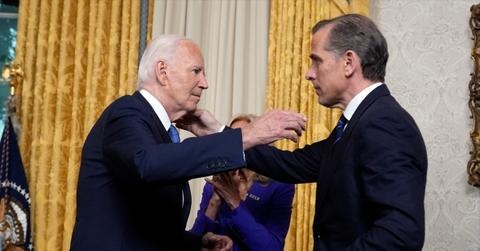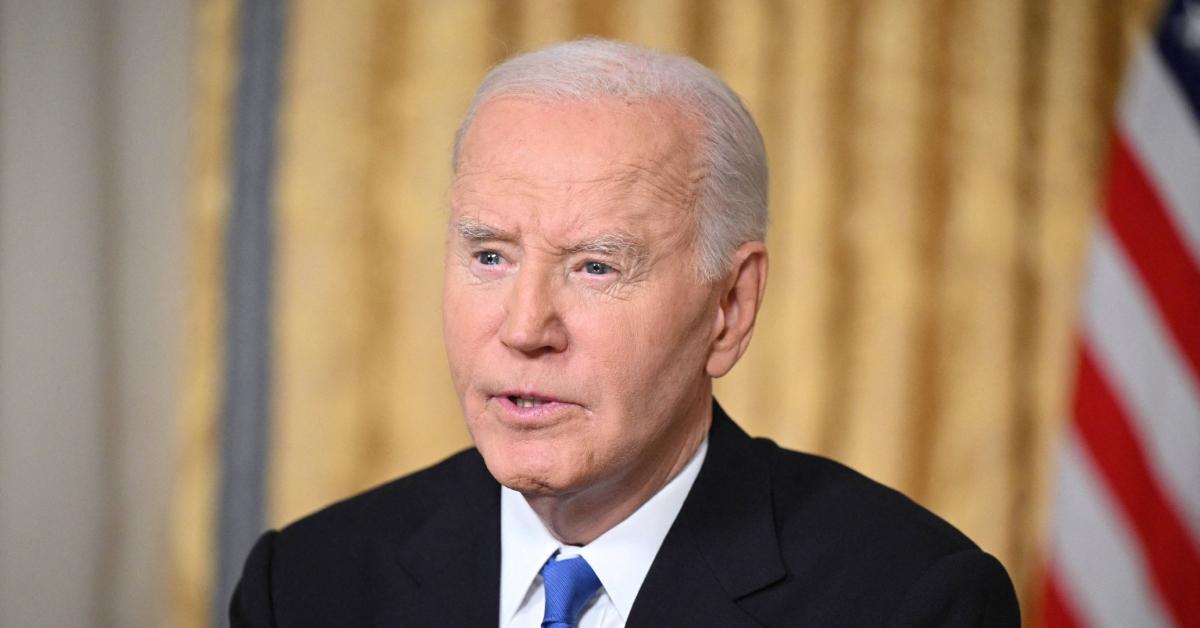What Does It Mean To Pardon Your Family? A Look at Biden’s Final Presidential Order
The former president also pardoned Dr. Anthony Fauci and House Committee members that investigated the Jan. 6 attack on the Capitol.
Published Jan. 21 2025, 10:00 a.m. ET

On Monday, Jan. 20, President Donald Trump was officially sworn in as the 47th U.S. President of the United States. The same day, his predecessor, former President Joe Biden, made one more power move.
Minutes before stepping down from office, President Biden pardoned his siblings and their spouses. Biden said he decided to protect his family from "unrelenting attacks" against him. But what exactly does it mean when the president pardons his family?

What does it mean to pardon your family?
Pardoning a family member as a president offers the family members the same advantages as anyone else who receives the offer. Per The Wall Street Journal, the U.S. Constitution grants the president the power to "grant reprieves and pardons for offenses against the United States," with few limits on that power enacted by the Constitution.
In 1866, the U.S. Supreme Court held that the power to grant pardons “is unlimited except in cases of impeachment." This means once a pardon is set, the president's successors can't revoke or reverse the pardon. The decision works in Biden's favor, as the president expressed concerns over Trump using his presidency to take legal action against his family as retaliation.
In his statement regarding his pardons, Biden said his family had been "subjected to unrelenting attacks and threats, motivated solely by a desire to hurt [him] — the worst kind of partisan politics.”
"Unfortunately, I have no reason to believe these attacks will end,” he shared.
Biden's decision to pardon his immediate family came one month after he also pardoned his son, Hunter Biden, amid Hunter's trial for federal felony gun and tax convictions. The president said he wouldn't use his privileges to pardon his son. Biden also pardoned Dr. Anthony Fauci, retired Gen. Mark Milley, members of the House committee that investigated the Jan. 6 attack on the Capitol, and other allies whom Trump previously targeted.